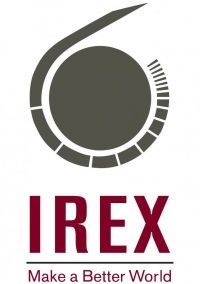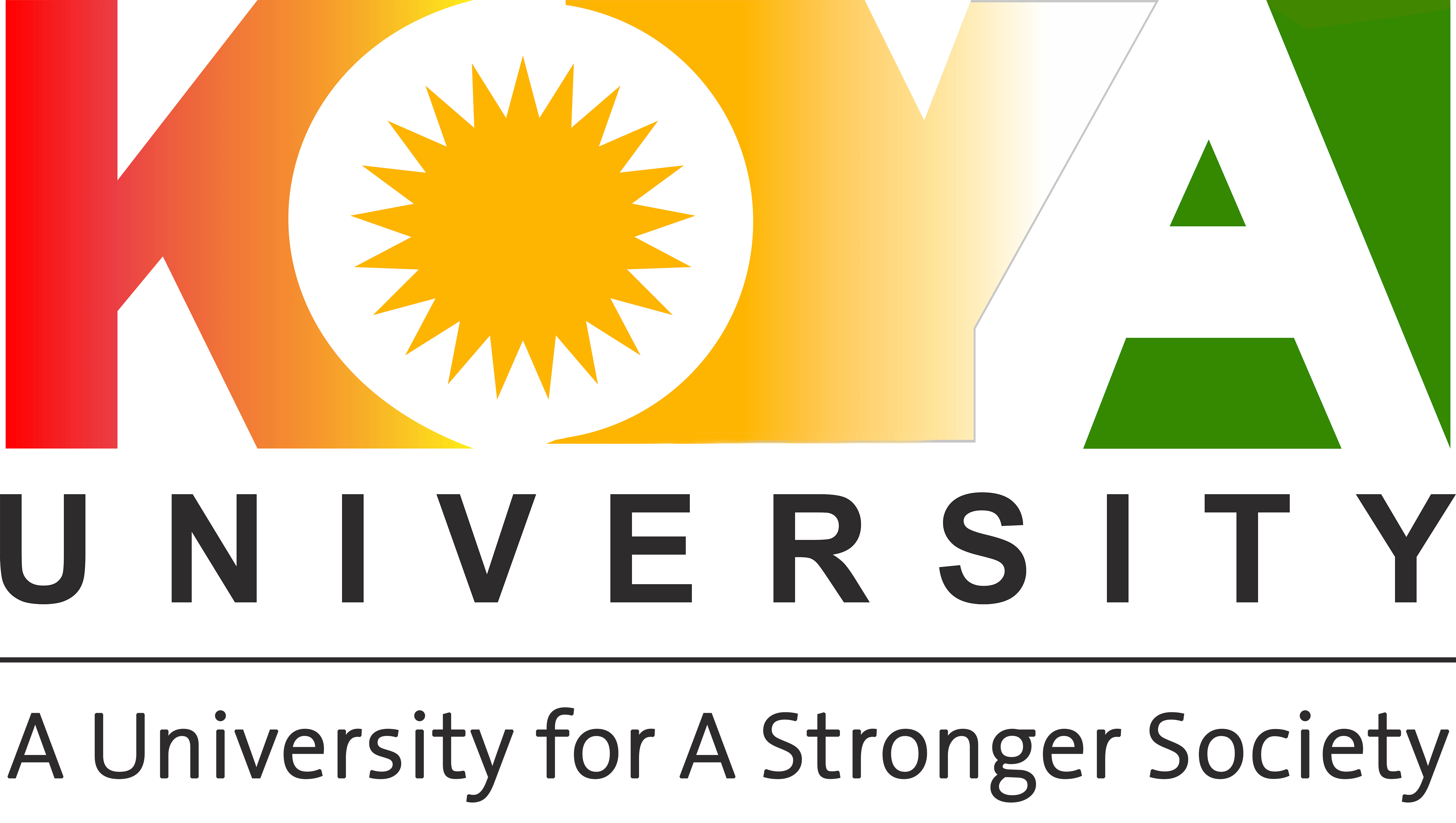A research team from the Faculty of Engineering (FENG), Koya University leading by Dr. Mohammed Zangana the dean of the faculty has been awarded a grant of 50,000 USD by International research and exchange board known as IREX for their project titled as " “Pre-treatment and Disposal of Expired Molecular Sieves: Petroleum Industry in Iraq as Case Study”. This is a joint project between Koya university and Missouri University of Science and Technology, USA.
Project Description:
The purpose of this project is to initiate collaborative research between Koya University and Missouri University of Science and Technology in order to treat the used molecular sieves from the petroleum industry through various processes to remove hazardous contaminants that may be present. Molecular sieves are used for a wide range of applications in industries especially in the petroleum industry and in gas processing plants. There is a huge number of molecular sieves that are unsafely disposed of each year. This project intends to develop modes of treating used molecular sieves prior to disposal and to inform the creation of relevant policies and regulations.
Project justification:
Currently, used molecular sieves are disposed of unsafely in Iraq. This project aims to identify processes for to remove hazardous chemicals prior to disposal, which could result in decreased pollution and decreased levels of human exposure to toxic chemicals. This project aims to provide important scientific information to relevant ministries to inform policy discussions.
Beneficiaries:
Four faculty members from the faculty of engineering (FENG), Koya University which are Assistant Prof. Dr. Mohammed H.S. Zangana, Dr. Payman S. Ahmed, Mr. Fakhri H. Ibrahim and Ms. Farah A. Yusif, that they will work with a faculty member from Missouri University of Science and Technology to conduct the research. Using this research, the faculty members aim to develop a report based on their research to be used by the Ministry of Natural Resources and the Ministry of the Environment to develop regulations that will limit the negative environmental and health consequences of the disposal of molecular sieves.

